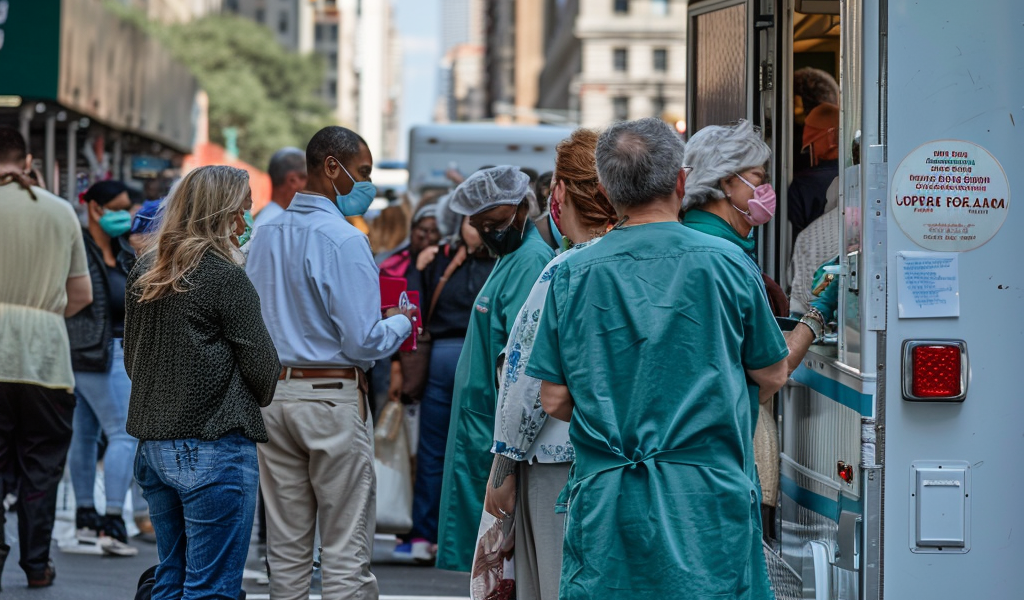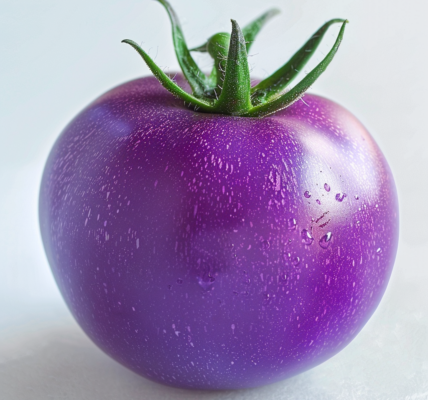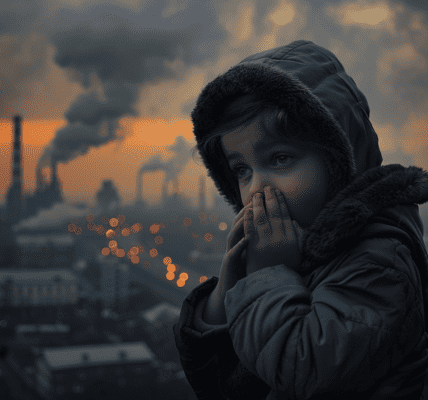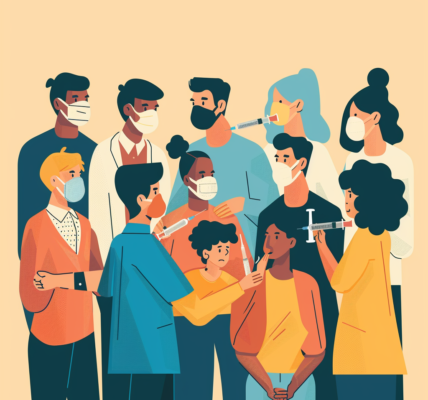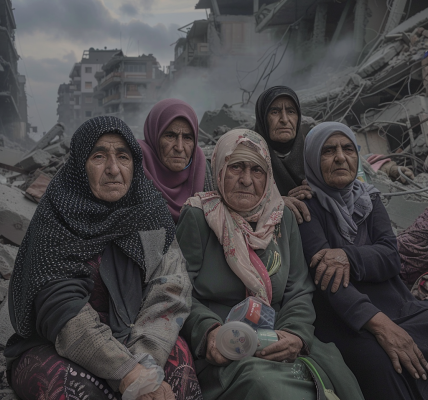A mobile medical station in New York City is making it easier for residents to receive the latest COVID-19 vaccine. However, recent statistics reveal that only about 20% of eligible individuals in the United States have opted for this updated version of the vaccine, which was designed to better align with the currently circulating variants of the virus.
The Centers for Disease Control and Prevention (CDC) reported on December 2 that the uptake of the latest COVID-19 vaccine remains significantly low, prompting health experts to express concerns. Dr. Robert Hopkins, medical director of the National Foundation for Infectious Diseases, emphasized that the vaccination rates are far below expectations.
So, who qualifies for the updated vaccine? According to the CDC, everyone aged 6 months and older is eligible for vaccination. This broad eligibility raises an important question for many: Is it necessary to get vaccinated if you are in good health?
Research indicates that COVID-19 vaccines provide robust protection against severe illness, long-term complications, and even death. Vaccination significantly reduces the likelihood of requiring emergency medical attention or hospitalization. Jeffrey Townsend, a professor of evolutionary biology at the Yale School of Public Health, highlights that avoiding COVID-19 infections can prevent sickness and mitigate the risk of long COVID, which can have lasting effects on health.
For those who have recently recovered from a COVID-19 infection, it is natural to wonder if that immunity is sufficient. However, experts caution that immunity gained from both vaccination and previous infections diminishes over time. Therefore, even if you have recently had COVID-19, getting vaccinated can bolster your protection against future infections.
If you decide to get vaccinated, you might be curious about which vaccine to choose. Currently, there are three options available: mRNA vaccines from Pfizer and Moderna, as well as a non-mRNA alternative from Novavax. The mRNA vaccines work by using lab-created messenger RNA to instruct cells to produce a protein that triggers an immune response, while the Novavax vaccine employs a more traditional vaccine technology.
As the holiday season approaches, many individuals are considering their vaccination status in light of travel and gatherings. Ensuring maximum protection during this time can help mitigate the risks associated with COVID-19, particularly for those who may be more vulnerable.
Health authorities continue to encourage individuals to stay informed and consider vaccination as a crucial step in safeguarding their health and the health of those around them. With the ongoing evolution of the virus and its variants, maintaining a strong defense through vaccination is more important than ever.
In summary, if you have not yet received the latest COVID-19 vaccine, now may be the ideal time to do so, especially with the upcoming holiday festivities. The benefits of vaccination extend beyond personal health; they contribute to the collective effort to control the spread of COVID-19 and protect the community.

